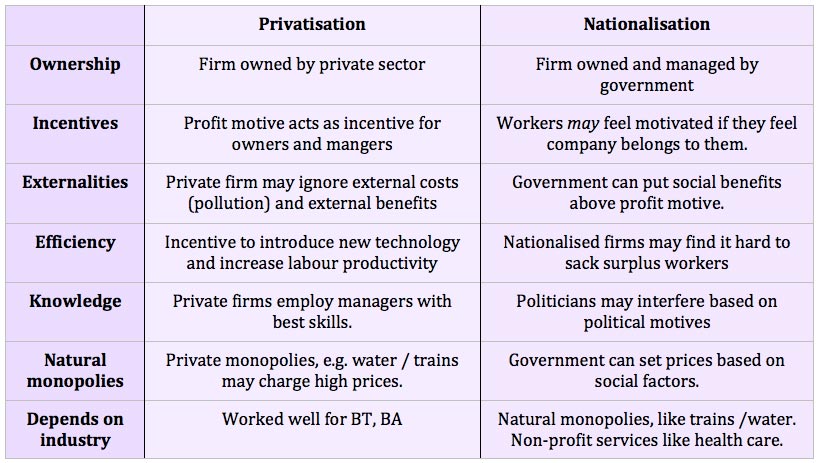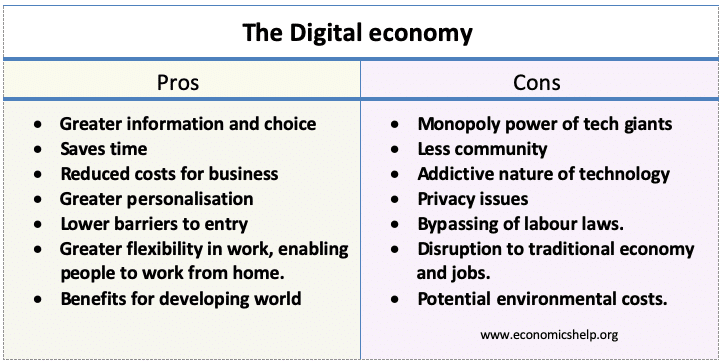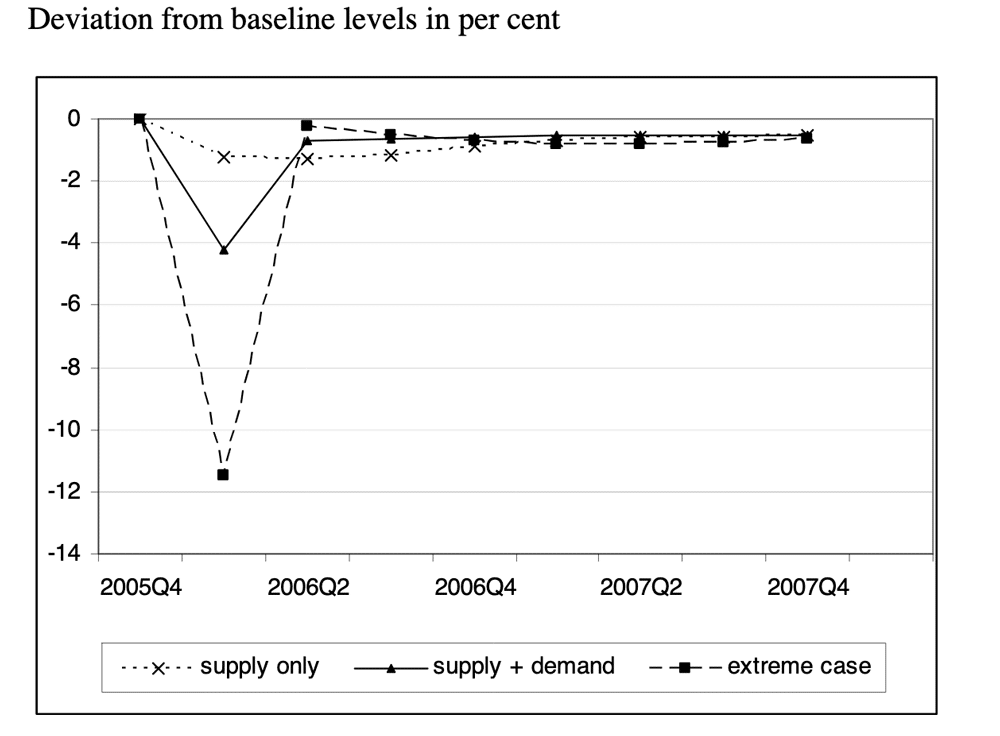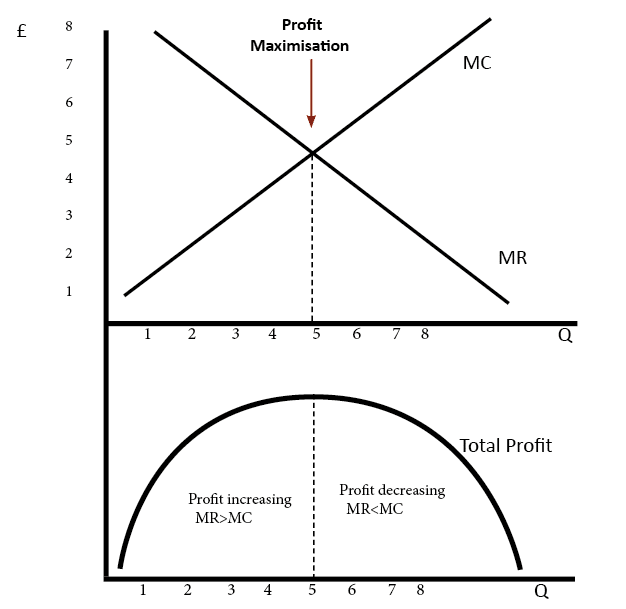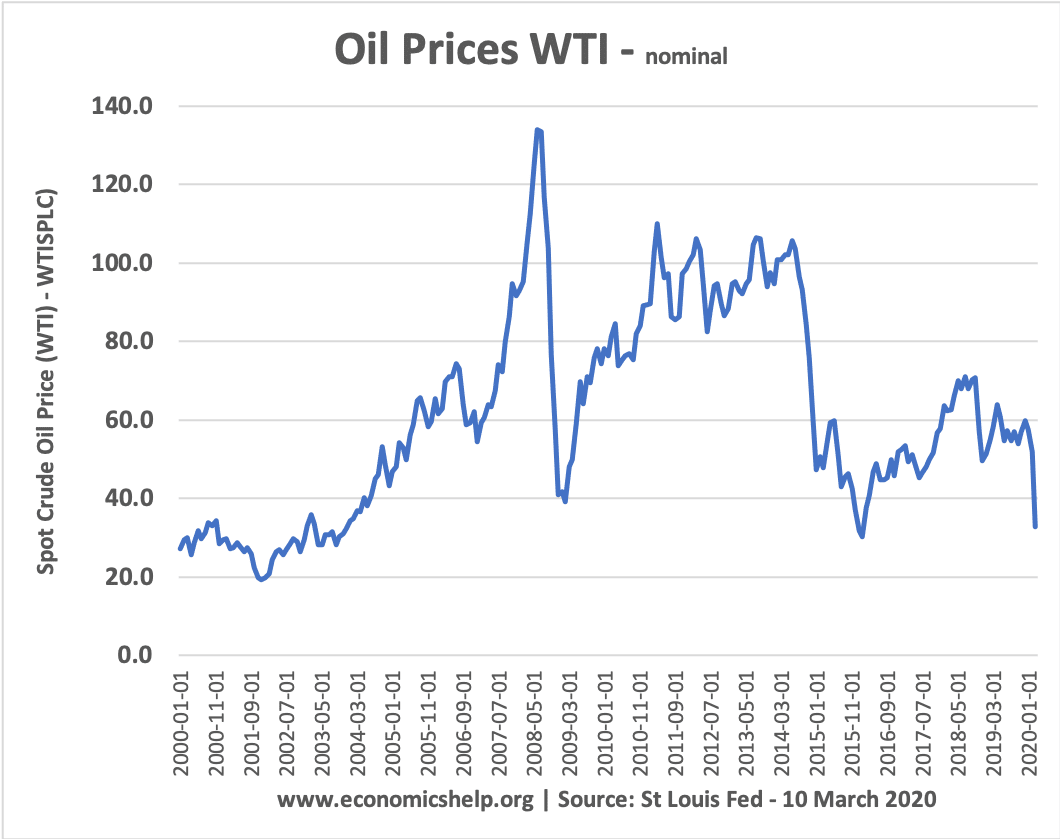Advantages and problems of privatisation
A look at the arguments for and against privatisation. Privatisation involves selling state-owned assets to the private sector. It is argued the private sector tends to run a business more efficiently because of the profit motive. However, critics argue private firms can exploit their monopoly power and ignore wider social costs. Privatisation is often achieved …

